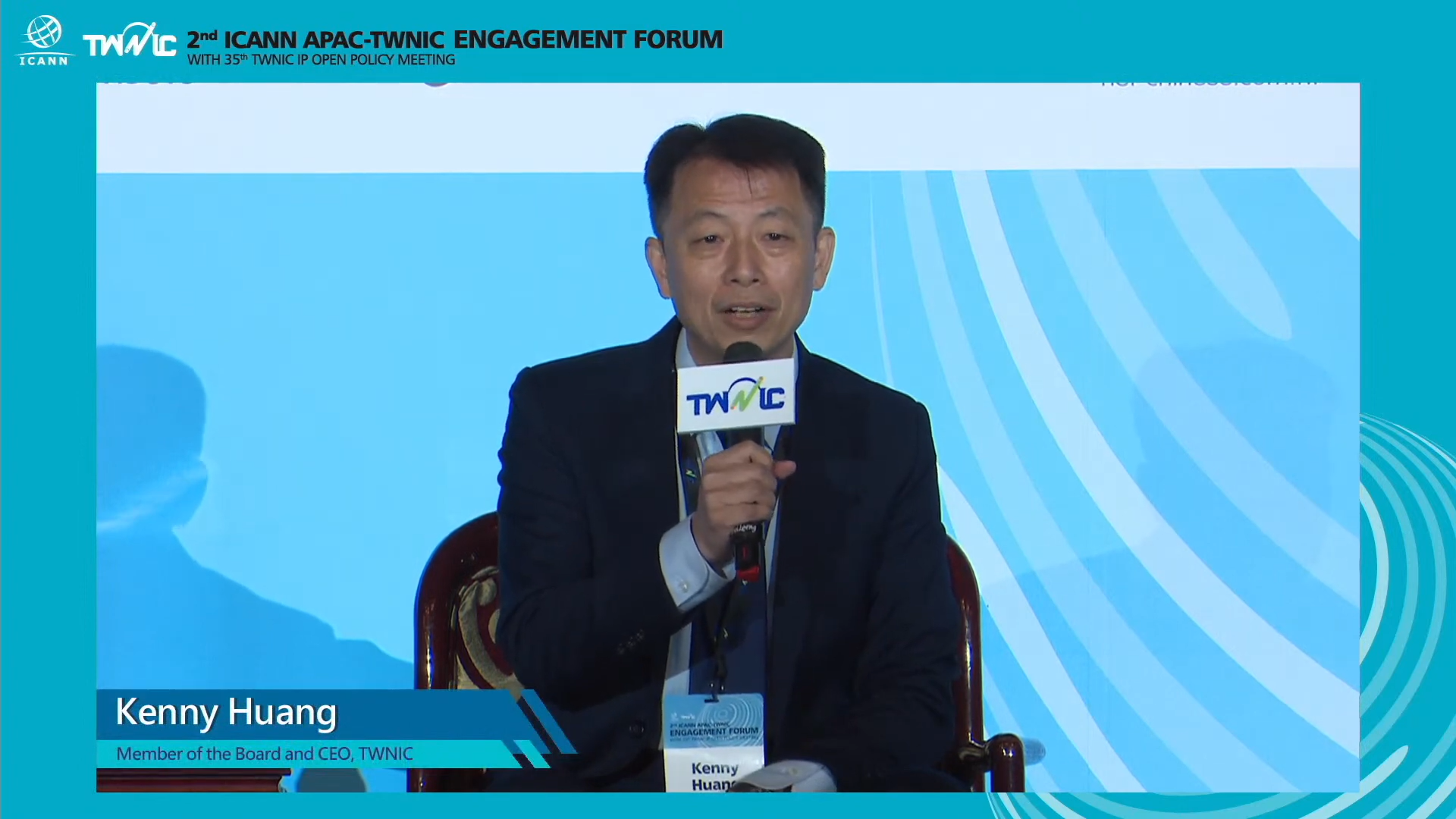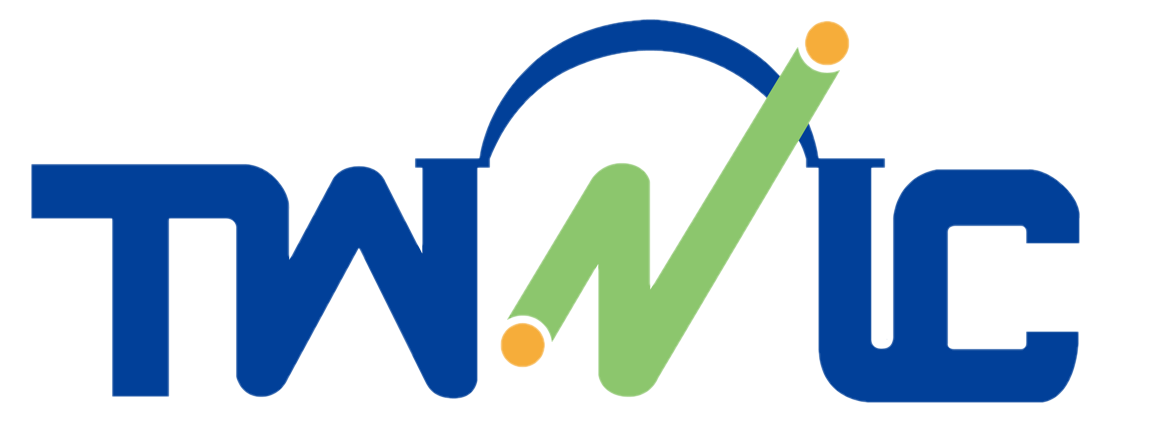| Chief Executive Officer, TWNIC | 中文翻譯 |
TWNIC has an obligation – as a key member of the Internet Governance community – to adopt and promote modern technical standards, which mitigate cyber threats and ensure the Internet can be sustained in the long run.
The Internet drives technological progress, economic and social development. It has changed almost everyday life. The Internet has turned 50 years old. There is no doubt that it has revolutionized over the past five decades. Today’s Internet in terms of scale and complexity is completely different compared to 50 years ago. In addition to the rapid changes in its innovations, the network standards bodies have set many new technical standards to improve the Internet.
The Internet can be seen as the network of networks. The massive network can be integrated because of open Internet standards. The open standards provide network interoperability and secure data delivery from source to destination. The technical standards have been evolved from time to time. Modern technical standards can solve old vulnerabilities or advance innovations. Both are equally important to move the Internet forward. Internet governance organizations, such as ICANN, RIRs, IETF, gTLD/ccTLD registries, etc., who have fiduciary duties, should promote modern Internet standards.
The Internet is experiencing increased cyber-attacks today. Cyber-attacks rising in volume and sophistication capture illicit opportunities. The Internet has become an increasingly hostile environment. Adopting modern Internet standards will be a critical move to mitigate cyber threats and to ensure the Internet can be sustained in the long run.
TWNIC is the key stakeholder in the Internet communities. TWNIC has an obligation to promote modern technical standards. In this regard, TWNIC takes the leadership to promote IPv6 adoption and RPKI RoA deployment in Taiwan. TWNIC is also engaged in various technical initiatives, such as ICANN’s DAAR and ITHI project, Internet Society’s MANRS initiative, etc., making our best effort to advance the Internet infrastructure with these modern technical standards.
From individual commitment to group effort, that is what makes the Internet community work. By doing so, wonderful things can be achieved, and the fruitful outcome will benefit the global Internet communities.
網路治理:推動網際網路標準
台灣網路資訊中心(TWNIC)身為網路治理社群的一分子,有義務採納並推廣現代技術標準,進一步減緩安全威脅,確保網際網路的永續發展。
網際網路是現代社會科技進步、經濟與社會發展的驅動力,幾乎全面改變了我們的日常生活。直至今年為止,網際網路已經50歲了。網路無疑在過去50年間經歷多次變革,今天的網路無論是在規模或複雜程度上,都非50年前可同日而語。隨著網路不斷更新,許多網路標準制定組織也因此推出大量新的技術標準,希望打造更好的網際網路。
網際網路其實就是由無數網路組成的大型網路,而開放的網際網路標準,就是這些無數網路之所以能互通無阻的原因。有了開放標準,網路之間得以互通運作,資料也因此能安全從源頭到達目的地。技術標準也會與時俱進,現代的最新標準可以解決過去疏忽的問題,也可以發明創新,這也是推動網際網路進化的主要動力。網路治理組織如ICANN、地區網際網路註冊機構(RIR)、網路工程任務小組(IETF)、通用頂級域名(gTLD)及國碼頂級域名(ccTLD)註冊管理機構等,都有責任推廣現代網際網路標準。
網際網路如今每天都經歷各種持續地攻擊。資安威脅不僅數量持續成長,也更複雜成熟,更能發現弱點、伺機而動。換句話說,網際網路環境整體而言變得更加危險。積極採納新的網際網路標準,是減緩網路攻擊、確保網路永續發展的關鍵步驟。
TWNIC是網路治理社群的關鍵利害關係參與者。也因此,TWNIC有義務推廣現代網際網路標準,除了在臺灣領頭推動IPv6及資源公鑰基礎建設(Resource Public Key Infrastructure,RPKI)ROA部署,也積極參與ICANN的域名濫用活動報告(Domain Abuse Activity Reporting,DAAR)與識別碼技術健康指標(Identifier Technology Health Indicators,ITHI) 計畫,以及網際網路協會(ISOC)主導的MANRS(Mutually Agreed Norms for Routing Security)協議。透過這些努力,TWNIC希望盡力推動網際網路基礎建設的進步。
由個人參與乃至眾志成城,這就是網路社群發揮功效的方式。我們也因此得以達成各種成就,進一步造福全球網路社群。

